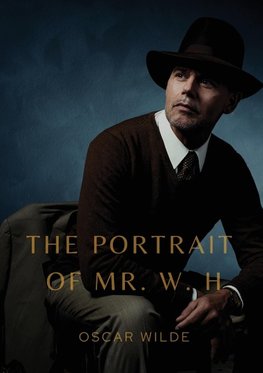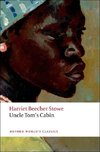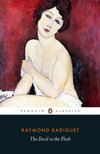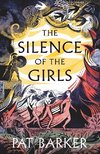
-
 Anglický jazyk
Anglický jazyk
The Portrait of Mr. W. H.
Autor: Oscar Wilde
The Portrait of Mr. W. H. By Oscar Wilde"The Portrait of Mr. W. H." is a story written by Oscar Wilde, first published in Blackwood's Magazine in 1889. It was later added to the collection Lord Arthur Savile's Crime and Other Stories, though it does not... Viac o knihe
Na objednávku
17.60 €
bežná cena: 20.00 €
O knihe
The Portrait of Mr. W. H. By Oscar Wilde"The Portrait of Mr. W. H." is a story written by Oscar Wilde, first published in Blackwood's Magazine in 1889. It was later added to the collection Lord Arthur Savile's Crime and Other Stories, though it does not appear in early editions. An enlarged edition planned by Wilde, almost twice as long as the Blackwood's version, with cover illustration by Charles Ricketts, did not proceed and only came to light after Wilde's death. This was published in limited edition by Mitchell Kennerley in New York in 1921, and in a first regular English edition by Methuen in 1958, edited by Vyvyan Holland.The story is about an attempt to uncover the identity of Mr. W. H., the enigmatic dedicatee of Shakespeare's Sonnets. It is based on a theory, originated by Thomas Tyrwhitt, that the sonnets were addressed to one Willie Hughes, portrayed in the story as a boy actor who specialized in playing women in Shakespeare's company. This theory depends on the assumption that the dedicatee is also the Fair Youth who is the subject of most of the poems. The only evidence for this theory is the text of a number of sonnets themselves (such as Sonnet 20, that makes puns on the words "Will" and "Hues").Wilde's story is narrated by a friend of a man called Erskine, who is preoccupied by the Hughes theory. Erskine had learned the idea from one Cyril Graham, who had tried to persuade Erskine of it based on text of sonnets, but Erskine was frustrated by the lack of external historical evidence for Willie Hughes's existence. Graham tried to find such evidence but failed instead, he fakes a portrait of Hughes in which Hughes is depicted with his hand on a book on which can be seen the dedication from the sonnets. Erskine is convinced by this evidence, but then discovers the portrait to be a fake, a discovery that leads him to yet again doubt the existence of Willie Hughes. Graham still believes in the theory, and to prove it, shoots himself.Erskine recounts these events to the narrator, who is so struck by the Willie Hughes theory that he begins his own research and further fleshes out Graham's findings until he is without a doubt that Willie Hughes was real and was the subject of the sonnets. He presents the evidence to Erskine but then finds himself strangely divested from it and loses faith in its basis in reality.Erskine's belief, however, is renewed he sets off at once to try to find a trace of Willie Hughes. But like Graham, he finds nothing. The narrator maintains that there was nothing to be found-that Hughes never existed. Erskine sends him a letter, in which he tells him that the truth is in front of him and, as a sign of complete faith in it, is now twice stained with blood. His friend goes to his hotel in Cannes and finds Erskine dead.
- Vydavateľstvo: Les prairies numériques
- Rok vydania: 2020
- Formát: Paperback
- Rozmer: 210 x 148 mm
- Jazyk: Anglický jazyk
- ISBN: 9782382748275












 Nemecký jazyk
Nemecký jazyk 